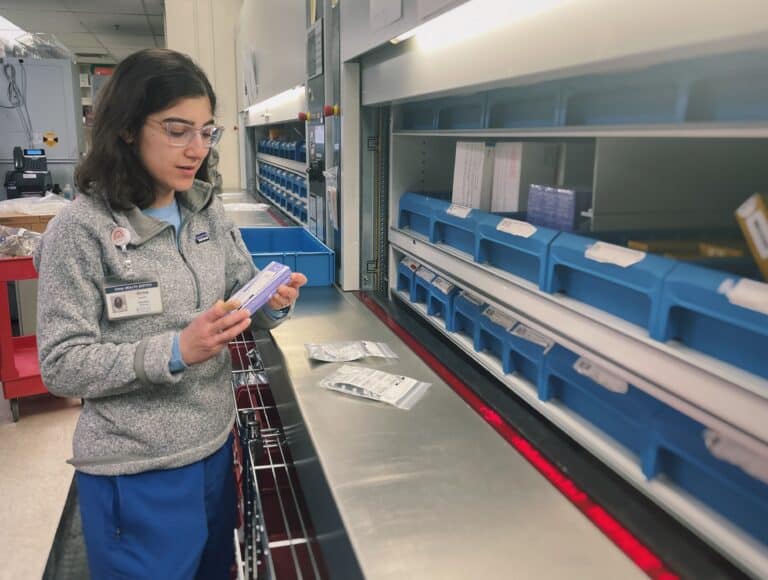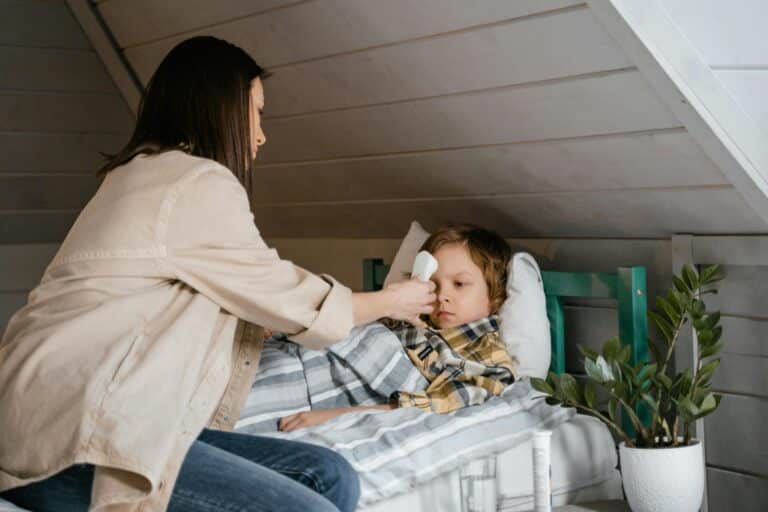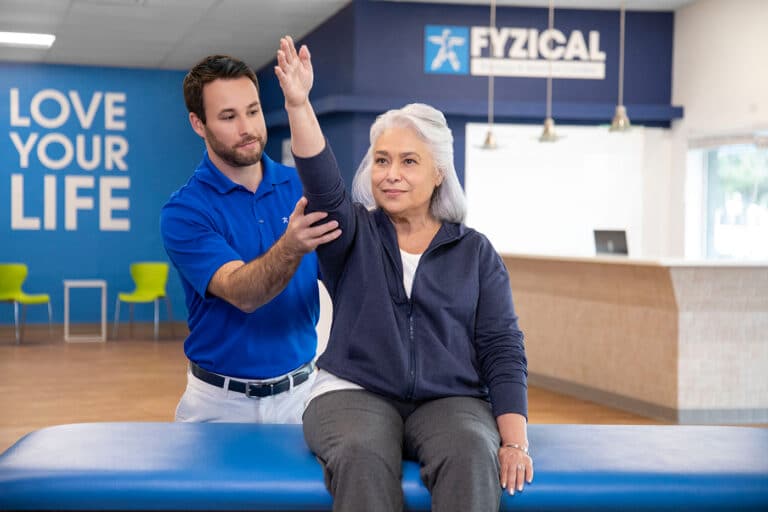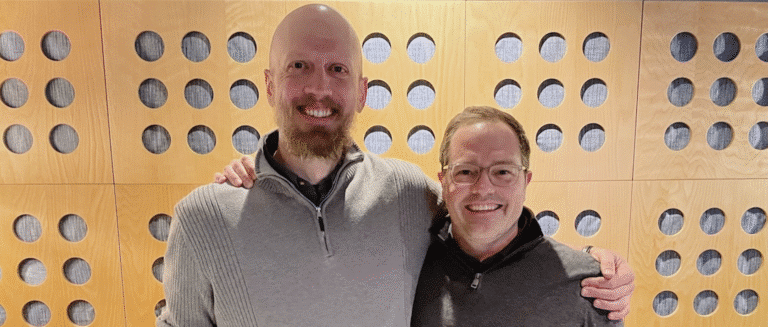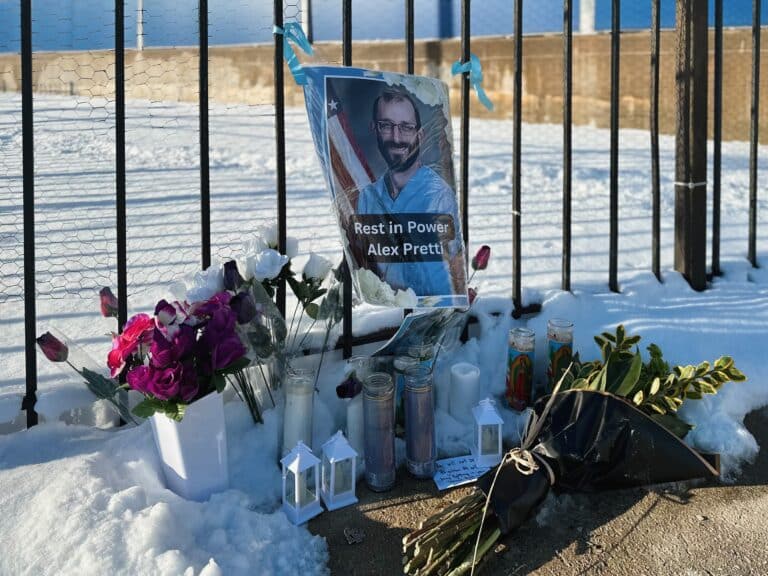Rogers Behavioral Health
After experiencing postpartum anxiety following the birth of her second child, Kim Nowak pursued a career in counseling. Now, as lead therapist at Rogers Behavioral Health, she has called upon that understanding of anxiety to help others cope with the trauma and uncertainties of Covid-19.
Anxiety, obsessive-compulsive disorder (OCD), and depression have increased during the pandemic. “We saw a rise in people with OCD and in patients who have anxiety because they were at home and had time to ruminate,” she says. “We also saw people with depression who struggled with isolation.”
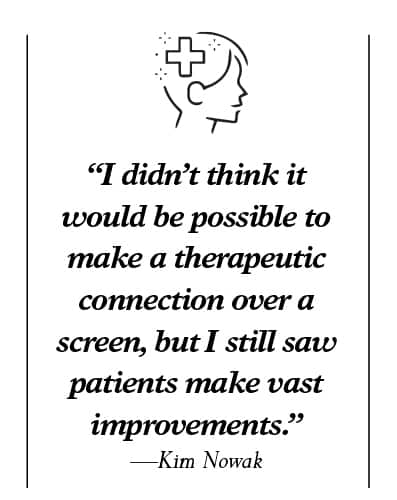
To Nowak’s surprise, teletherapy worked better than anticipated. “I didn’t think it would be possible to make a therapeutic connection over a screen, but I still saw patients make vast improvements,” she says.
It’s helpful for patients to see that Nowak and other therapists are dealing with many of the same struggles, such as isolation, wearing masks, or working at home. “I think my candid honesty about how this was hard for both of us helped them,” she says.
Many patients at Rogers Behavioral Health typically take part in all-day intensive outpatient programs. But some of these individuals struggled, not fully benefiting from remote treatment. Nowak set the tone for her team by confidently and calmly bringing patients in for desperately needed on-site care during the pandemic, with masks and other safety precautions in place.
Originally published in the Fall 2020/Winter 2021 print issue. Photo by Jim Vondruska

Annemarie Mannion is an experienced journalist who has covered health and wellness for major newspapers, magazines and associations.

